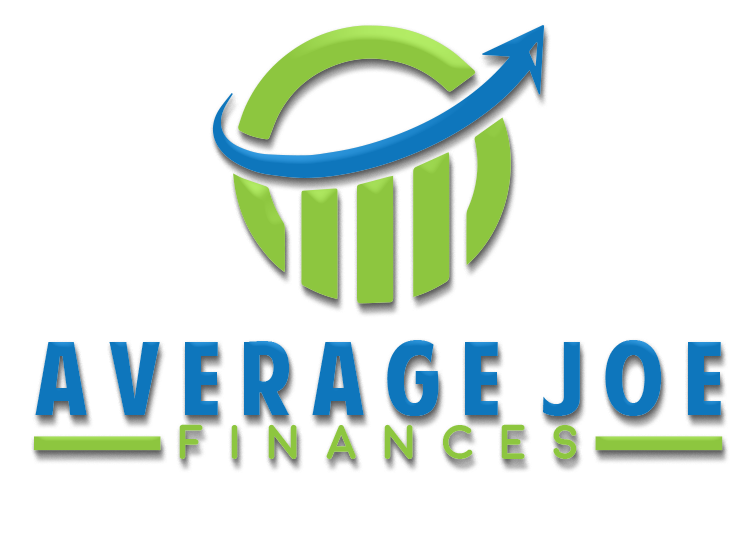
I am Afraid of Being Laid Off
Someone asked me this recently. This is what I would advise my clients or anyone who come to me with this concern.
First of all, there is no such thing as job security. You can get laid off anytime. Companies always make business decisions like this that you have no control over.
I’d say focus on what you can control.
Have a strong financial foundation and a strong financial plan to ride through whatever life throws at you.
Be it the market crash or being laid off, you won’t be afraid of them.
What does having a strong foundation mean?
It means you have a strong budget, enough emergency fund, a strong financial portfolio and a strong financial plan for different situations that happen in your life.
What consists of a strong budget?
It means you are always on positive cash flow and you have a handle of your month-to-month expenses and don’t carry any debt like credit cards and personal loans, among other debts except for a mortgage.
How much is enough money to put aside in your emergency fund?
My answer to this is quite unconventional.
I would ask you, how confident are you in your skills that you will get a job and how long will it take you to get another job?
If you say it will only take you a month and if you’re comfortable with having one or two months’ worth of living expenses at a MINIMUM in your savings account, then I’d say that’s your answer.
Why is that?
I think savings is not the best place to park your money if your intention is for growth. Having a lot of money in savings is good if you are currently saving for a house or something big in the near future. But in terms of growth, you’re better off figuring out other places to invest your money on.
Part of having a strong financial plan is also having strong retirement models based on different scenarios.
Before I quit my corporate job, I made sure that it didn’t affect my retirement plan drastically. That gave me the confidence to take the leap while I continue to grow my business. I also help my clients build different retirement models based on their goals and how they envision their retirement to be.
Bottom line is, don’t be afraid of uncontrollable events like being laid off.
Take control of your finances and you won’t be. This concept applies to the fear of the market crash as well.
What common fears do you have regarding being laid off? I’ll be glad to give some tips if you have any questions in the comments below.👇



I like this, it’s so important to work on what we can control and not worry about the rest. I am quite risk averse though, so I keep 6 months’ expenses in my emergency fund. Being self employed, it’s unlikely that I’ll even need one month’s worth of this, as I’m highly unlikely to lose all my clients at once. However, my emergency fund is for unexpected expenses, for example if I were to get ill and be unable to work for a few months, need some medical treatment that’s not covered under the National Health Service or if I needed to stop working for a while to take care of a family member. That said, each person has their own level of risk tolerance and I think that 2-3 months would be enough in most cases.
That’s very smart. Yes, I keep about 6 months worth of emergency fund now and I recommend my clients to have from 3 to 12 months worth, depending on their risk tolerance. Although I’m not a fan of having too much cash sitting around.
100% agree. You don’t want too much sitting around when it can be invested and making you more money. 🙂
Great guest post! I very much agree with the idea that as long as you have a good idea of how long it will take you to find a job, then you don’t necessarily need more than a month or two expenses if that is what you are comfortable with. I’ve lived in SF though, so I think we have a bit easier than some places because the job market is very good and demand for good talent is high. Ultimately, how much of an emergency fund is a very personal choice and conventional wisdom is meant to be heard and used at your discretion.
Thanks Christine!
Thanks for stopping by Kat! I live in the Bay Area too and indeed, it is about what you are comfortable with. I used to just keep one month’s worth when I was an employee but since I quit my full time job, I have kept at least 6 months worth now due to the fluctuation income of self employment. Thank you for stopping by!